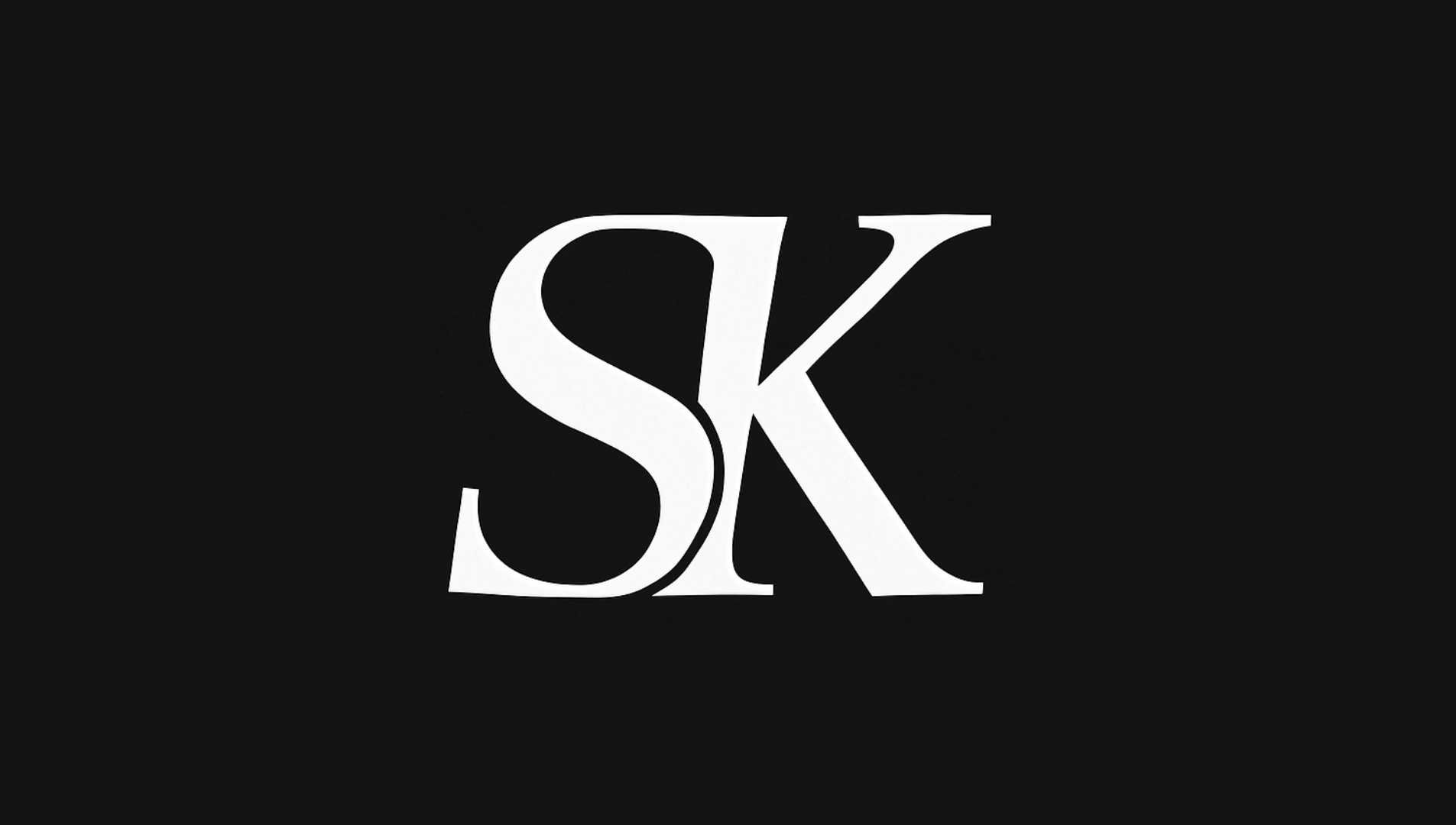1.
How might advancements in technology continue to shape the skills and competencies valued by employers in the coming years?
How might advancements in technology continue to shape the skills and competencies valued by employers in the coming years?
Tech advancements are rapidly reshaping the skills employers value. With AI and automation on the rise, success depends less on the tech itself and more on how humans adapt to it (IBM 2024). Microsoft (2023) shows that while generative AI boosts productivity, human oversight remains crucial.
I’m confident about the future, I’ve already been integrating AI and blockchain in my work at MGIDC. As Deloitte (2024) notes, adaptability and continuous learning are key, and my journey is already heading in that direction.
2.
How might your industry be affected?
How might your industry be affected?
I sit at the crossroads of one of the most traditional industries, accounting, and one of the most advanced, blockchain. Accounting is rapidly evolving, with automation taking over repetitive tasks and creating space for more strategic advisory work (KPMG 2024). As IBM (2024) notes, it’s not just about adopting tools but reimagining roles.
Blockchain ties directly into CSIRO’s (2022) megatrends on digital transformation and autonomy. Combined with AI, it marks a shift toward Industry 4.0, smart systems, transparency, and decentralised trust (KPMG 2024). Being hands-on with crypto advisory and active in the blockchain space, I feel well-placed to lead and innovate in these changing industries.
3.
How might individuals with diverse skill sets contribute to innovation and problem-solving in various industries?
How might individuals with diverse skill sets contribute to innovation and problem-solving in various industries?
Reflecting on industry reports, it’s clear that diverse skills are key to innovation. IBM (2024) stresses the value of cross-disciplinary collaboration, while Microsoft (2023) highlights how AI amplifies creative problem-solving, especially for emerging talent.
With a background spanning blockchain, accounting, and AI, and leadership roles at BSA, MGIDC, and DECA, I’m confident in my ability to think across disciplines. The future belongs to hybrid thinkers, and I’m excited to keep expanding my skill set.
4.
Consider what steps you can take to continuously learn and adapt to changing industry demands.
Consider what steps you can take to continuously learn and adapt to changing industry demands.
I’ve realised that adaptability and continuous learning, one of my top strengths, are essential in navigating disruption. KPMG (2024) notes that strategic flexibility is now core to success, while IBM (2024) highlights the need for strong AI literacy, which I’m actively building.
I plan to keep learning through cross-disciplinary experiences, possibly by running workshops or hackathons via MGIDC or DECA. My uni work, leadership roles, and industry exposure have already shaped this mindset. As CSIRO (2022) notes, trust and transparency are key, and I aim to embed those values in how I grow and work.
Increasingly autonomous
The rise of artificial intelligence and advance autonomous systems to enhance productivity and outputs across all industries. There has been an explosion in AI discoveries and applications across practically all industry sectors over the past several years. Within the science domain the use of AI is rising with the number of peer-reviewed AI publications increasing nearly 12 times from 2000 to 2019.
